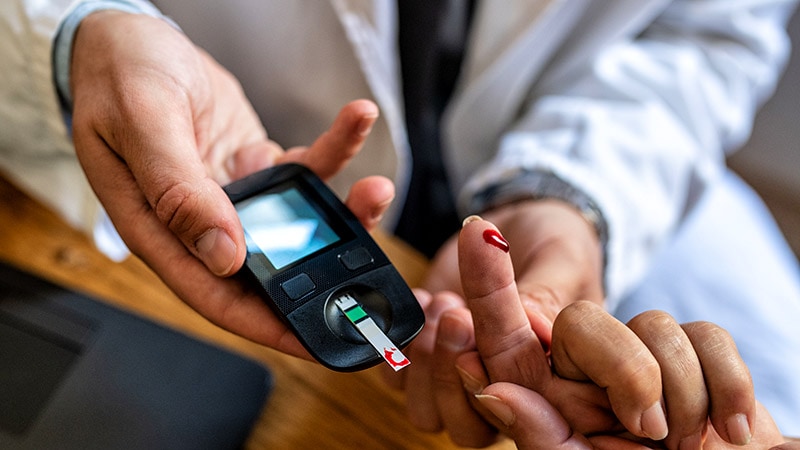Takeaway
- For children facing chest radiography, a virtual reality (VR) education programme is linked to reductions in their anxiety and distress and increased parent satisfaction.
Why this matters
- When children have distress about radiology studies, the result can be prolonged encounters or even cancellation of the study.
- Methods to address this problem, such as sedatives, have their own drawbacks.
Key results
- Compared with children in the control group, those in the VR group had lower:
- Anxiety and distress: mean difference, 3.0 (95% CI, 1.0-5.0; P=.004);
- Need for parents: 8 cases with parents present (16.3%) vs 18 cases with parents present (36.0%); and
- Procedure times: 55.1 vs 75.0 seconds.
- Parental satisfaction scores were higher in the VR group: 9.4 vs 8.6.
- Number of repeated studies needed, and technologist-rated difficulty scores were similar between the groups.
Study design
- Prospective, randomised trial in Korea, with 100 children ages 4-8 years having chest radiography, 50 who had the VR program and 50 who did not.
- Funding: Korea Creative Content Agency.
Limitations
- Chest radiography is a relatively benign radiology procedure compared with, say, MRI.
- VR in this case involved a male character in Korean, so generalisability not known.
References
References


